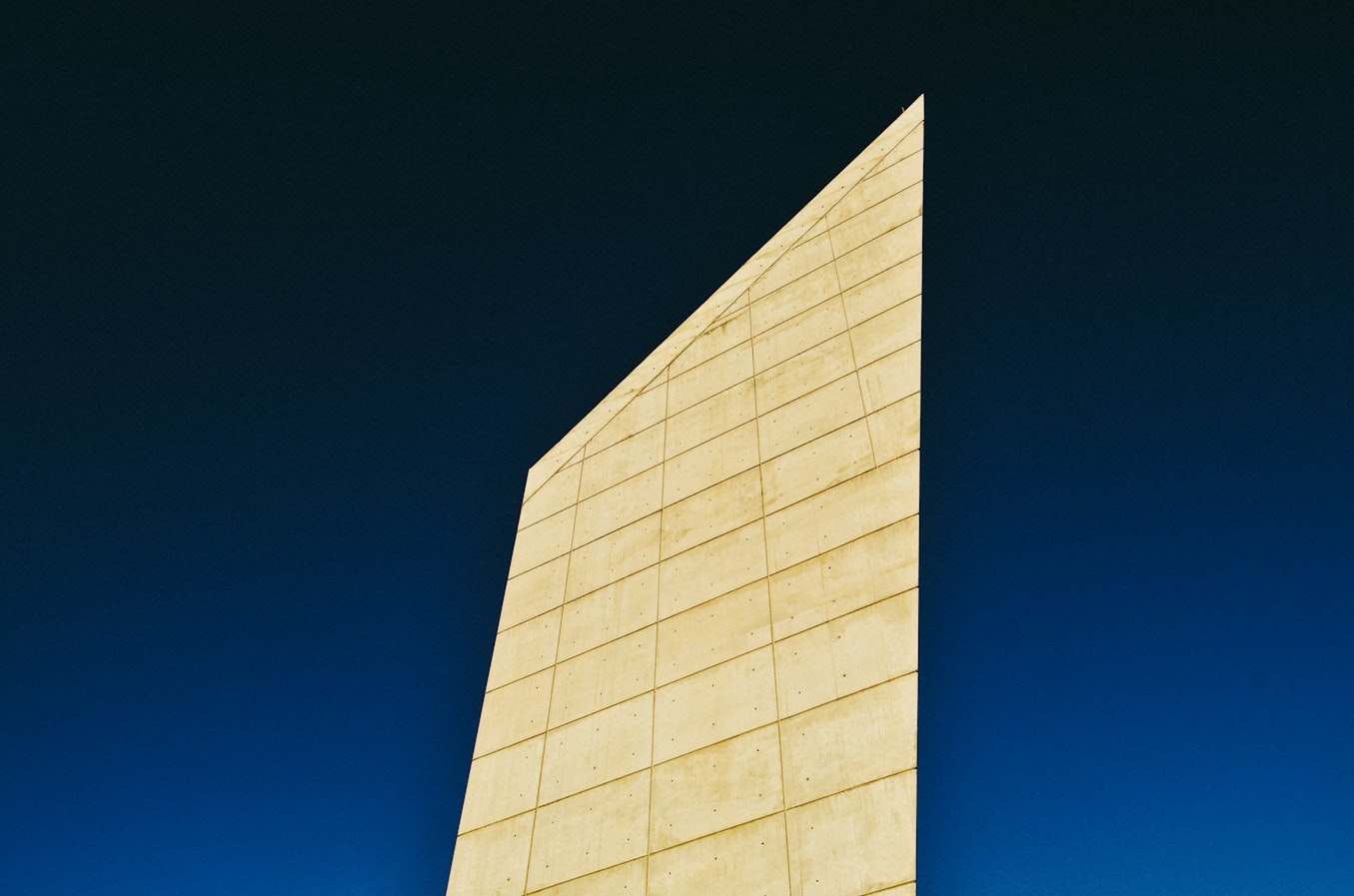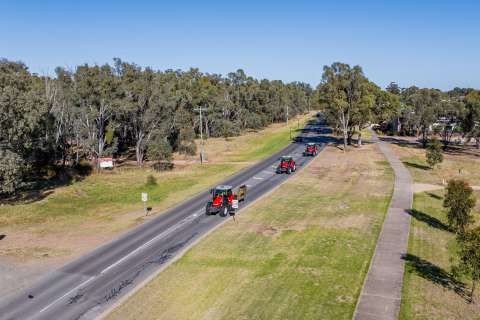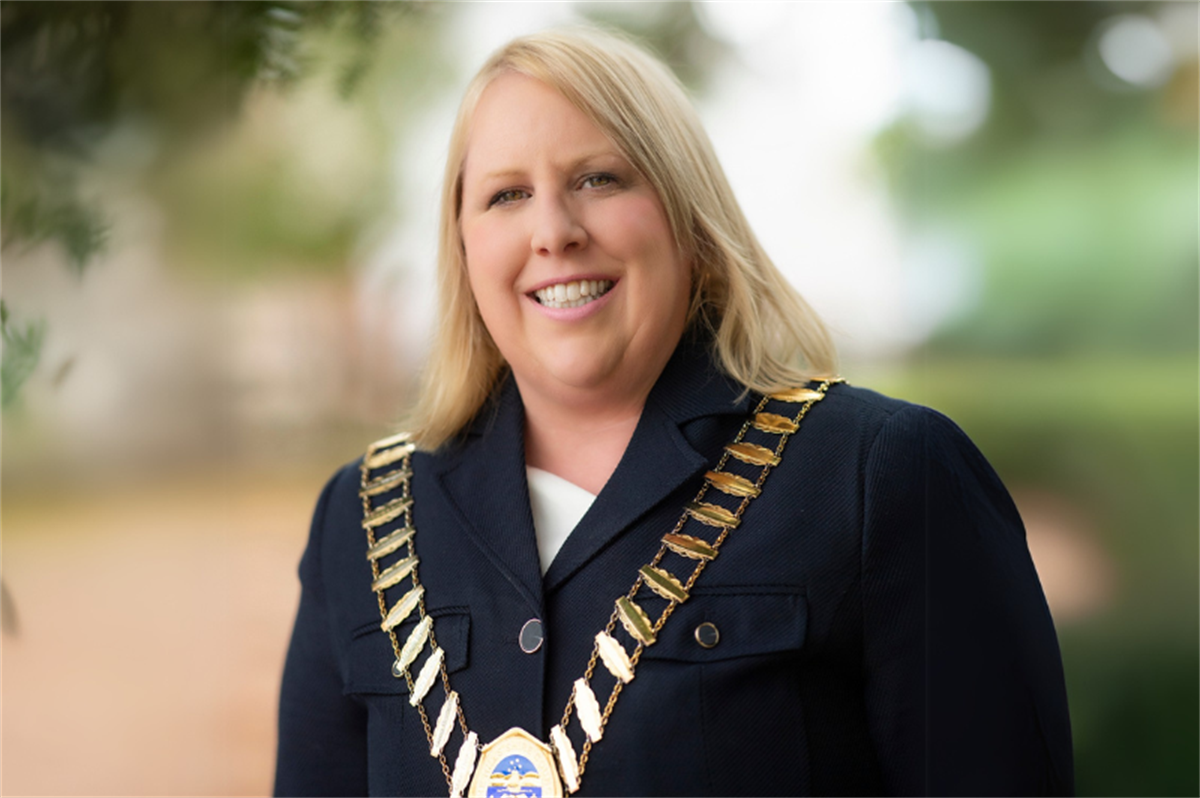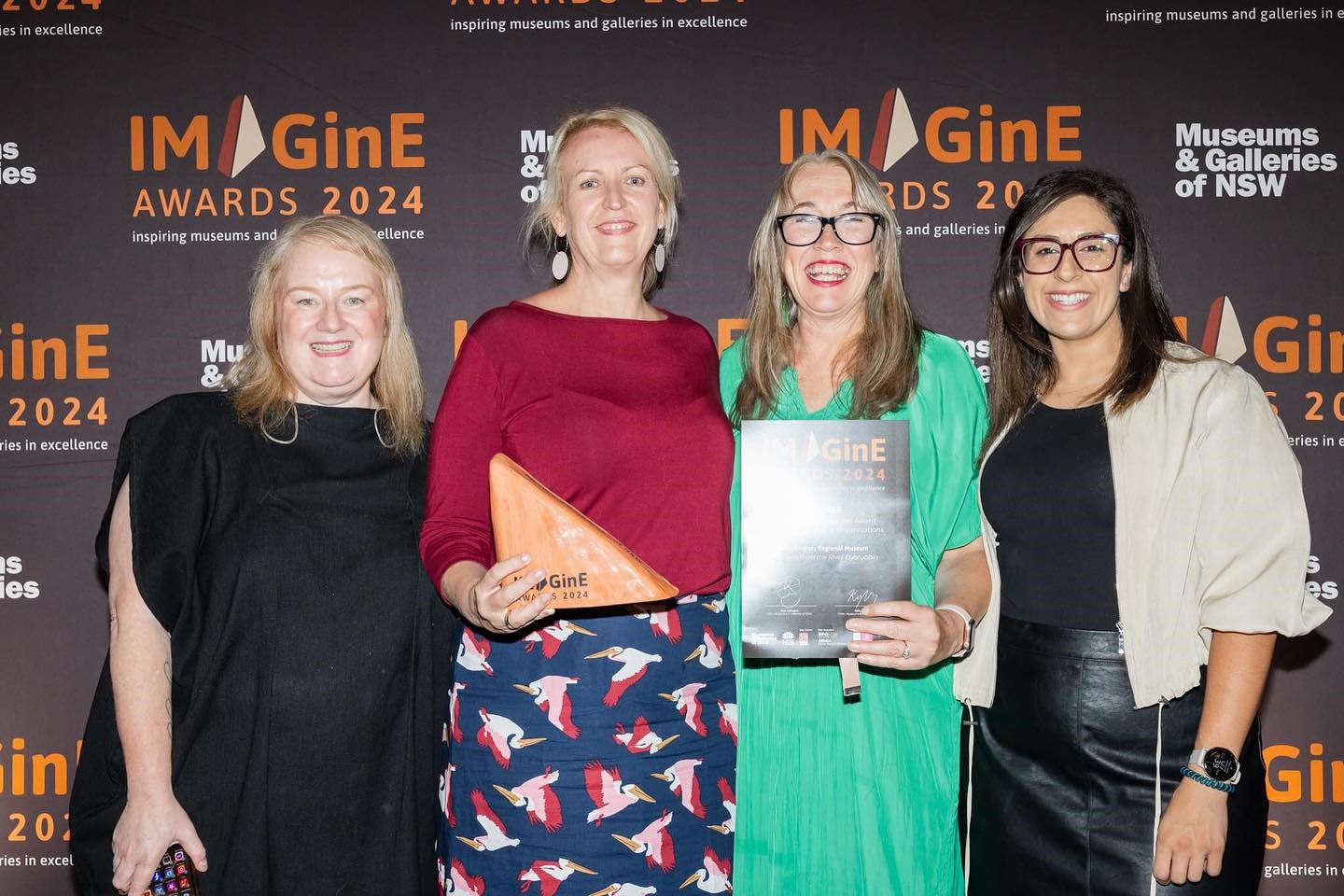A new vision for gender equality in sport and comprehensive, national scorecard tracking progress will be released at an International Women’s Day Forum being held at the MCG this Sunday prior to the T20 Women’s World Cup final.
The CEOs of Australia’s major professional and participation sports have developed the approach towards the vision of “No Boundaries for Women and Girls in Sport” by 2025.
In a world-first, members of Male Champions of Change (MCC) Sport have worked with McKinsey & Company to develop and report against five key focus areas and more than 20 measures identified as critical in driving progress on gender equality including pay equality in sport. The MCC Sport “Pathway to Gender Equality in Sport including Pay Equality” is the first time globally that sector leaders have united to agree and report on a consistent set of measures and assessment criteria towards these goals. The approach will be profiled globally as part of MCC Sport’s commitment to join UN Women’s “Sport for Generation Equality” initiative, which brings together members of the sport eco-system from around the world to drive gender equality in and through sport.
Collective results across the 18 members of MCC Sport include:
40.7% of employees are women (up from 39.6% in 2018)
35.6% of Board Directors are women (up from 31.8% in 2018)
38.2% of key leadership positions such as CEO and CFO (up from 33.3% in 2018)
17.1% of coaches at elite level are women
35.8% of high performance staff at elite level are women
32.4% of officials at elite level are women
64.7% have a diversity and inclusion policy and action plan
94.1% have implemented flexible working policies
47% of registered participants at grassroots level are women
36% of registered athletes at elite level are women
Women have 87.7% the playing opportunities compared to their male counterparts
73.2% of total facilities accommodate women’s participation needs such as access to change room facilities
3. Pathways
39% of total funded development pathway opportunities are for female athletes
35.4% of investment in development pathways are allocated to female athletes
19.9% of promotion and public appearance opportunities are allocated to female athletes
4. Investment
22.8% of promotional/marketing spend is dedicated to women in sport/women’s competition
49.4% of budget is dedicated to building women in sport at elite level
87.5% provide equal access to extended resources, e.g. doctors, physios and equipment, for elite female athletes
81.3% have an equal travel/ accommodation policy across genders
5. Practical actions towards pay equality
93.3% have defined, measured and published the gender pay gap data for elite athletes
43.8% have achieved equity in prize money for elite athletes/ teams
The Australian Women in Sport Advisory Group (AWISAG), convened by business leader and philanthropist Susan Alberti AC and chaired by Professor Clare Hanlon from Victorian University, will also officially launch its “³Ô¹ÏÍøÕ¾ Roadmap for Women and Girls in Sport” at the forum. Members of MCC Sport are supporting its ‘No boundaries’ vision and will contribute to achieving the strategic priorities outlined in the plan.







